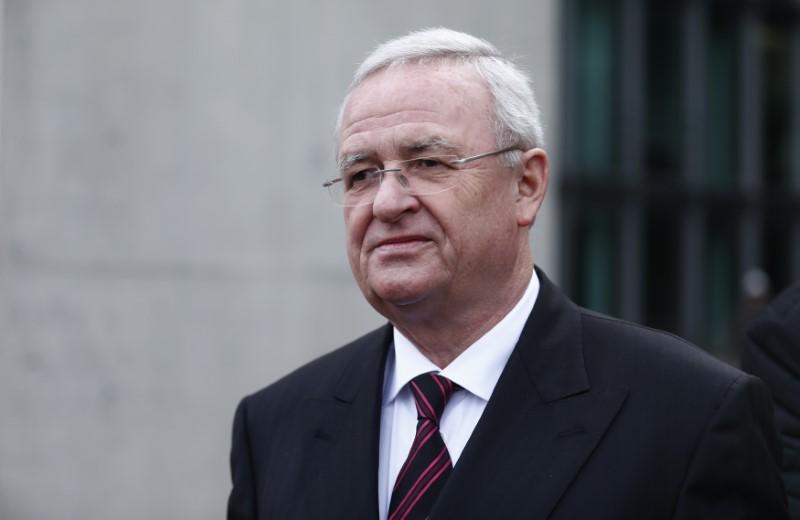WASHINGTON—Federal prosecutors in Detroit on Thursday unsealed charges against former Volkswagen AG Chief Executive Martin Winterkorn, accusing him of conspiring to mislead regulators about the German automaker’s diesel emissions cheating.
An indictment filed in secret in March was unsealed in U.S. District Court on Thursday, the same day as Volkswagen’s annual meeting in Germany. Winterkorn resigned soon after the scandal over polluting vehicles in the United States became public in September 2015.





